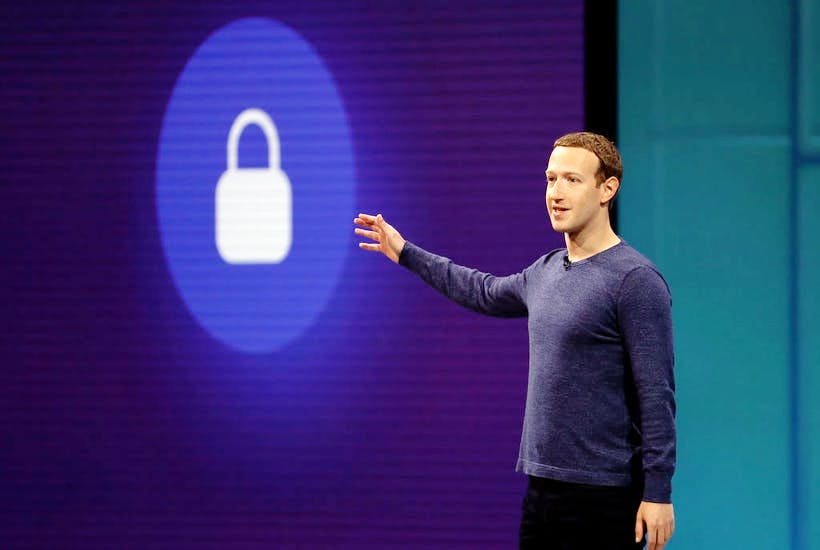In a world of rampant nanny-statism, and hectoring busybodies, Australians want social media to companies to leave them alone.
The findings from the latest Centre for Independent Studies paper, Australian Attitudes to Social Media: Connection or Curse? revealed 66.8% of Australians think social media platforms have a moral obligation to be politically neutral in how they moderate content on their platforms.
With several high-profile people and outlets being suspended — or suffering the poorly named, ‘permanently suspended’ — the way social media police their sites has been a contentious issue for years, with both sides of politics either crying about too much or too little censorship.
However, Australians have a far more classical liberal view of political speech online.
Although it has become popular to lament the state of political discourse and blame social media for the, supposed, loss of the ability to civilly debate complex ideas, Australians do not want those problems (real, imagined, or exaggerated), to be solved by mothering tech giants.
Social media has become an important avenue for political debate and discussion, and unlike traditional media, the barriers to entry are low and virtually non-existent.
Therefore, Australians have been able to connect, and politically organise, more easily and cheaply than ever before. These platforms offer people a high level of connection, and they do not want to be censored by some t-shirt wearing progressive sitting in Silicon Valley.
The feeling of interconnectedness provided by social media is also demonstrated by the fact that most respondents thought social media connected people (57.3%) more than it isolated them from the real world (33.8%).
In Australia, we have a significant number of constraints on speech: from vilifications laws; to laws against causing offence; to lax defamation laws. Although such laws have been applied to social media, Australians have likely viewed online communication as freer, and less constrained than the real-world.
This also helps explain why a greater number of Australians (39.8%) thought employers should not be able to discipline employees for what they post privately on social media.
When everything that is said and done is policed, either officially or unofficially, Australians want to escape to the online world, where they can interact with people free from the scornful eye of moderators, or employers.
Monica Wilkie is a Policy Analyst at the Centre for Independent Studies.
Got something to add? Join the discussion and comment below.
Get 10 issues for just $10
Subscribe to The Spectator Australia today for the next 10 magazine issues, plus full online access, for just $10.


























Comments
Don't miss out
Join the conversation with other Spectator Australia readers. Subscribe to leave a comment.
SUBSCRIBEAlready a subscriber? Log in